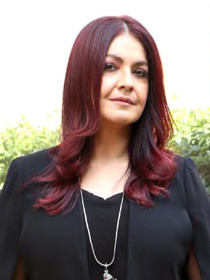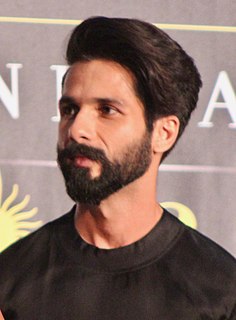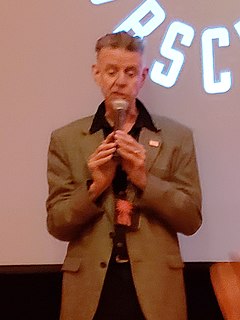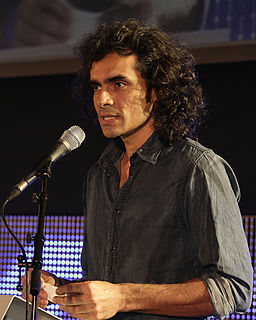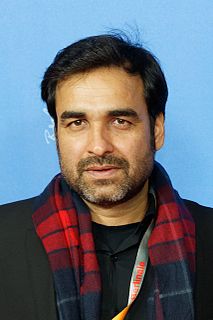A Quote by William H. Macy
I've always felt it's the directors purview to say what; it's the actor's purview to say how. It's not good for an actor to have the big picture in mind - it bollocks you up. An actor's purview is the tiny little... We measure our performance in seconds.
Related Quotes
Because acting was my only professional outlet, I put a ton of pressure on the roles that I did. I overstepped my bounds, I tried to control things that were out of my purview as an actor and in some cases even tried to direct my scenes because I felt I knew how they should run rather than trust the director.
There are markets extending from Mali, Indonesia, way outside the purview of any one government which operated under civil laws, so contracts weren't, except on trust. So they have this free market ideology the moment they have markets operating outside the purview of the states, as prior to that markets had really mainly existed as a side effect of military operations.
You can say something that can really help and actor and you can say something that can really get in the way of an actor's performance, kind of cut them off from their instincts and really get into their heads. And every actor's different. Every actor requires something different. Being an actor, for me, was the greatest training to be a writer and director.
I think directors can be a little insensitive to how vulnerable an actor is, when he's giving a performance. Part of the job of an actor is to invite scrutiny, but with that, the people around them have to nurture that and put them in an environment where they feel safe and they feel like they can risk something.


